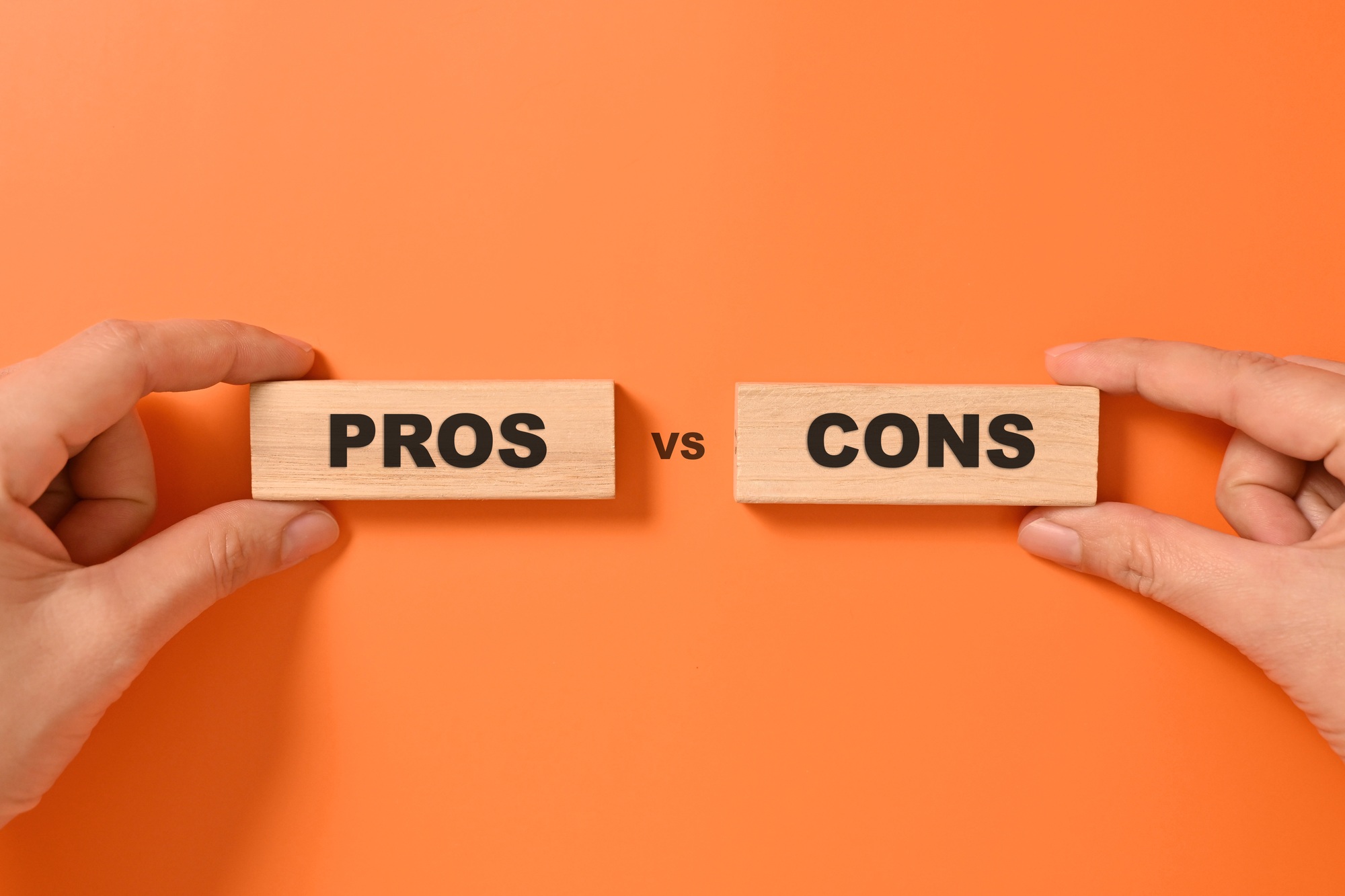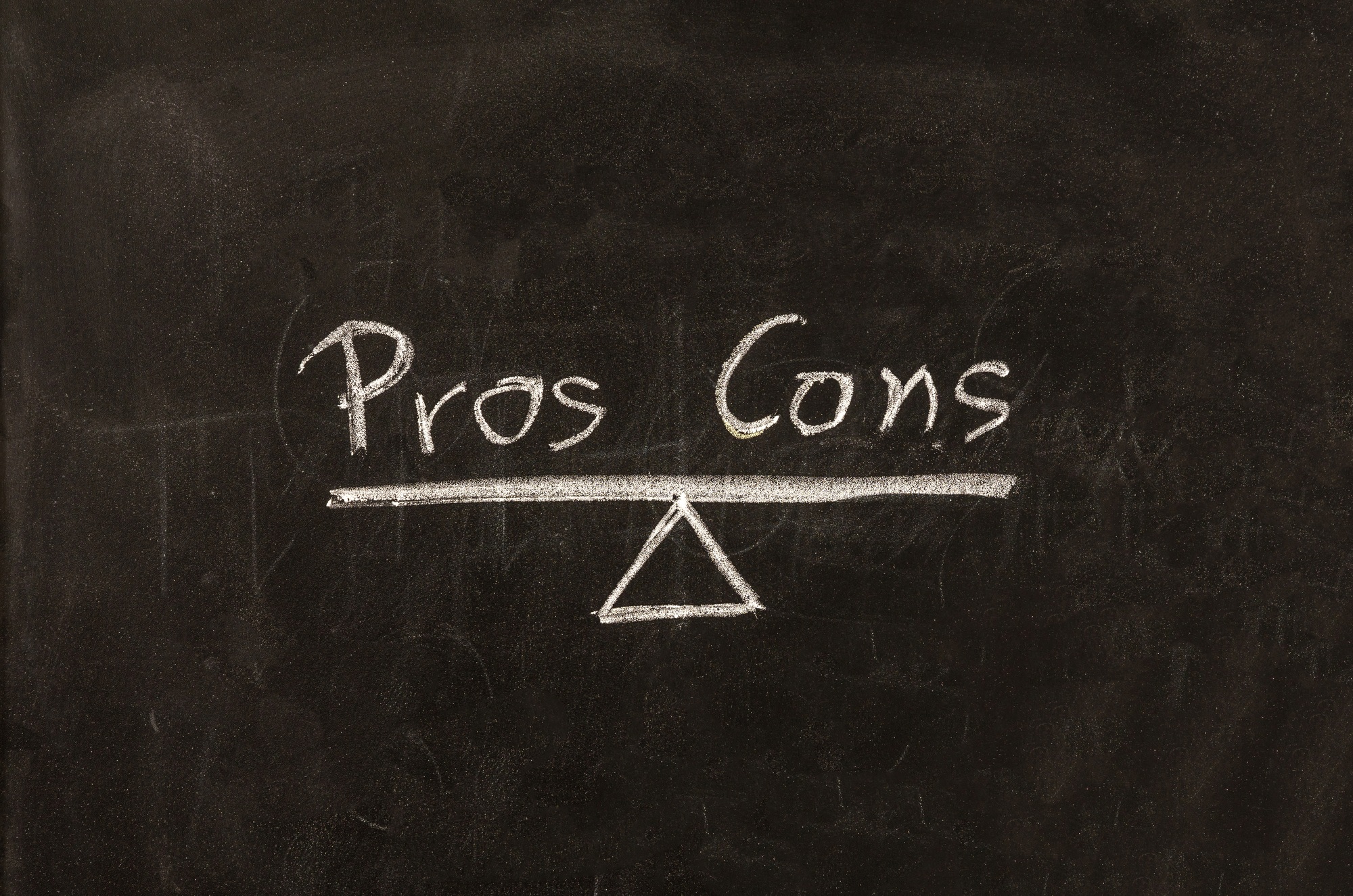Key Takeaways

- Understanding Franchising: Franchising allows entrepreneurs to leverage established brands and proven business models, providing training and support to enhance success rates.
- Pros of Franchising: Key benefits include instant brand recognition, essential operational support, and easier access to funding, all of which can facilitate a smoother business journey.
- Cons of Franchising: Challenges include limited control over business decisions, ongoing fees and royalties that affect profitability, and potential market saturation from neighboring franchise locations.
- Informed Decision Making: Weighing the pros and cons of franchising is crucial; consider how these factors align with your individual business goals and personal circumstances.
- Financial Implications: Ongoing costs, such as royalties, can significantly impact cash flow, especially for new franchisees during their establishment phase.
Thinking about diving into the world of franchising? You’re not alone. Many aspiring entrepreneurs see franchising as a golden opportunity to tap into established brands and proven business models. It offers a chance to benefit from a support system that can help you navigate the complexities of running a business. But before you take the plunge, it’s essential to weigh the pros and cons.
Franchising can provide you with brand recognition and a built-in customer base, but it also comes with its share of challenges. From ongoing fees to limited creative control, understanding both sides of the equation will empower you to make an informed decision. Let’s explore the advantages and disadvantages of franchising to help you determine if it’s the right path for you.
Overview of Franchising
Franchising offers small business owners a path to entrepreneurship by aligning with established brands. You gain access to a proven business model, which can enhance your chances of success. Franchisors provide training, marketing support, and operational guidance, helping you navigate the complexities of running a business.
Franchising allows you to leverage brand recognition, which can attract customers from day one. Customers often gravitate toward familiar names, making it easier for new franchise locations to build a customer base. Additionally, you can benefit from group purchasing, leading to reduced costs for supplies and inventory.
However, franchising entails ongoing fees, including initial franchise fees and royalties based on your revenue. These expenses can impact your profitability, particularly in the early stages. Moreover, you often face restrictions on how you operate your franchise, limiting your ability to make independent business decisions.
Understanding both the advantages and challenges of franchising is essential for any aspiring small business owner. It’s crucial to evaluate whether the benefits outweigh the drawbacks based on your individual goals and circumstances.
Pros of Franchising

Franchising presents valuable advantages for small business owners looking to enter the market. Below are some key benefits that can enhance your business journey.
Established Brand Recognition
Franchising offers instant brand recognition, allowing you to capitalize on a brand that’s already trusted by consumers. This established reputation reduces the time and resources required to build awareness from the ground up. As a franchisee, you tap into a loyal customer base, enhancing your visibility and attracting customers quickly. For instance, investing in a well-known fast-food franchise can lead to substantial foot traffic on opening day.
Support and Training
Franchising provides essential support and training tailored to ensure your success as a small business owner. The initial training program covers operational procedures, customer service standards, and employee management. This comprehensive training equips you with the entrepreneurial skills necessary to thrive and transition smoothly from an investor to an operator. Ongoing support from franchisors can also guide you in navigating challenges and optimizing your business practices.
Easier Access to Funding
Franchises often enjoy easier access to funding compared to independent startups. Banks and financial institutions tend to favor lending to established franchises due to their proven track records and support systems. This can translate into better financing options and terms. By leveraging the strength of the franchise’s brand and operational support, you increase your chances of securing the capital needed to launch or expand your small business.
Cons of Franchising

Franchising offers several advantages, but it also has significant drawbacks that small business owners should carefully consider.
Limited Control
Limited control represents a major drawback for franchisees. As a franchise owner, you must adhere to strict guidelines and regulations set by the franchisor. This includes rules regarding your business location, hours of operation, pricing, signage, layout, decor, products, and marketing strategies. Such restrictions can make it difficult for you to make independent decisions or execute innovative ideas within your franchise.
Ongoing Fees and Royalties
Ongoing fees and royalties add financial commitments to your franchise operation. Franchisees typically pay royalties, which are a percentage of gross sales and can range from 4% to 12% depending on the franchise. These costs can significantly reduce profitability, especially during the early stages when you’re establishing your small business. This ongoing financial strain can impact your cash flow and limit your operational flexibility.
Market Saturation
Market saturation presents another challenge in franchising. If multiple franchise locations exist in your area, competition can intensify, making it harder for your small business to attract customers. Franchise networks sometimes focus on rapid expansion, leading to an oversaturation of stores in certain regions. This saturation can hinder your ability to gain a solid customer base and may force you to compete on price rather than quality or service.
Conclusion

Franchising can be a powerful path for aspiring entrepreneurs looking to tap into established brands and proven systems. While the benefits of brand recognition and support can significantly enhance your chances of success, it’s crucial to remain aware of the potential downsides. Ongoing fees and limited creative control may pose challenges that could impact your profitability and decision-making.
Ultimately your choice should align with your personal goals and business vision. By carefully weighing the pros and cons you can make an informed decision that sets you on the right track in your entrepreneurial journey.
Frequently Asked Questions

What is franchising?
Franchising is a business model where an individual (franchisee) pays to operate a business using the brand and systems of an established company (franchisor). This arrangement includes access to a proven business model, brand recognition, and operational support.
What are the benefits of franchising?
The main benefits of franchising include established brand recognition, access to training and support, reduced costs through group purchasing, and often easier access to funding, making it an appealing option for many aspiring entrepreneurs.
What are the downsides of franchising?
Franchising has drawbacks such as limited creative control, ongoing fees and royalties that can affect profitability, and market saturation with potential competition from other franchise locations, which can challenge customer acquisition.
How much do franchise fees typically cost?
Initial franchise fees usually range from a few thousand to over a hundred thousand dollars, depending on the brand. Additionally, ongoing royalties typically range from 4% to 12% of gross sales, which franchisees must budget for.
Is franchising a good option for new entrepreneurs?
Franchising can be a good option for new entrepreneurs who prefer a structured business model and support system, but it is essential to consider personal goals, financial resources, and market conditions before making a decision.
Image Via Envato: iLixe48, rawf8, 1footage, tehcheesiong, fauziEv8, stockfilmstudio



